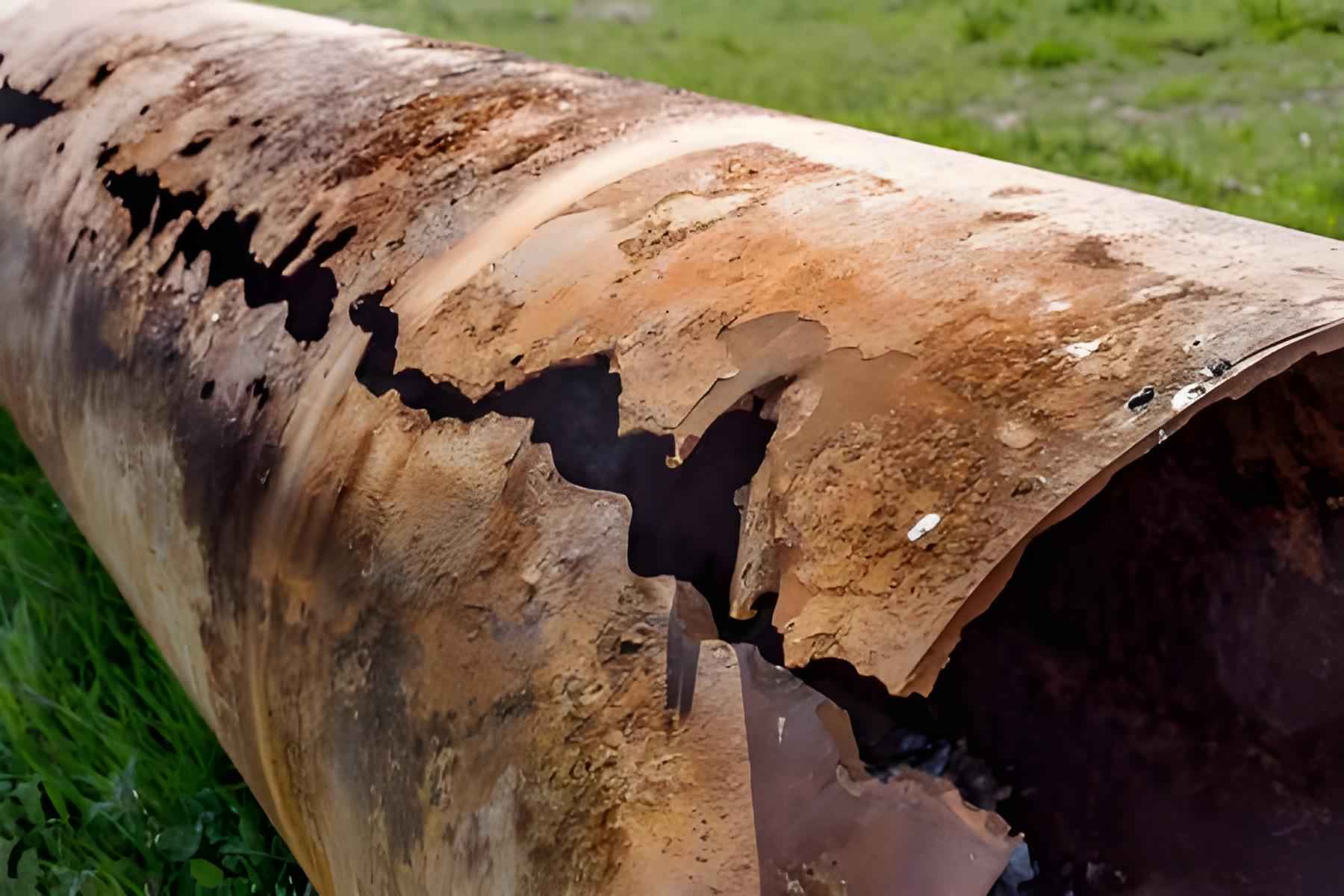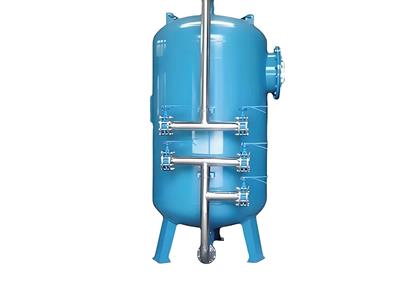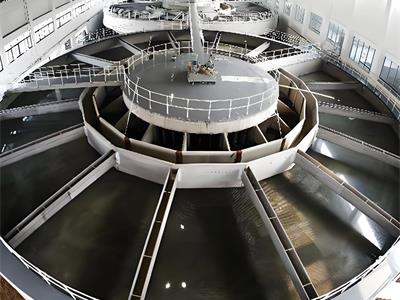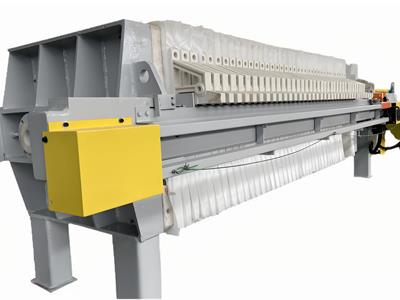- 2025-07-22
Application of LSI in water treatment
The Langelier Saturation Index (LSI) is a set of water quality parameters that indicate the corrosiveness of the feed water, thus ensuring the stability of the water quality. The LSI helps determine the cause of occasional changes in water quality, such as a sudden drop in the performance of a water treatment system due to the presence of dissolved substances in the feed water. The LSI calculator will provide the necessary adjustments to bring the system to a balanced state. The principle is that if the LSI is too high or positive, it is necessary to continue to build and increase the coating.
Challenge
Langelier Saturation Index (LSI): Reverse Osmosis
The LSI is critical to reverse osmosis operators because it calculates the potential for calcium carbonate scaling. The LSI value is equal to the original feed water pH minus the calculated value of saturated calcium carbonate. The lower the pH value (which can be reduced by injecting acid (antiscalant) into the reverse osmosis feed water), the lower the LSI value.
Solution
Injection of antiscaling acid is the most cost-effective way to reduce scaling. A wide range of antiscalants have been developed and have achieved different results depending on the application scenario and the organic polymer used. Using a similar composition of RO antiscalants, calcium carbonate and sulfate can be effectively utilized in any RO system operation. RO ultimately affects calcium carbonate, pH and scaling, which determine LSI levels.
Advantages
Benefits: Configurable built-in temperature and Langelier Saturation Index (LSI) modules mean you get more accurate water measurements and real-time warnings whenever water levels are not within normal ranges.






